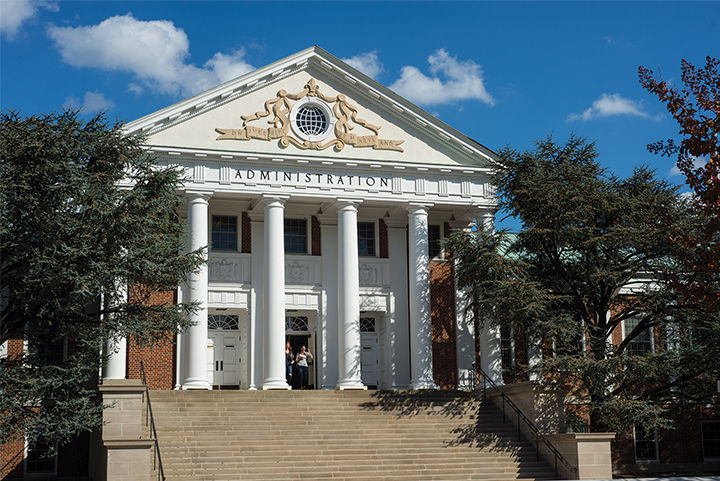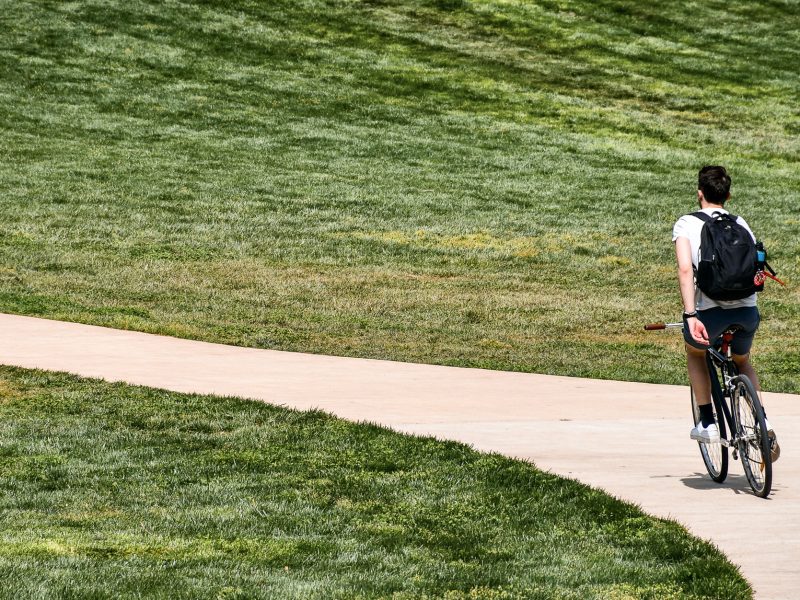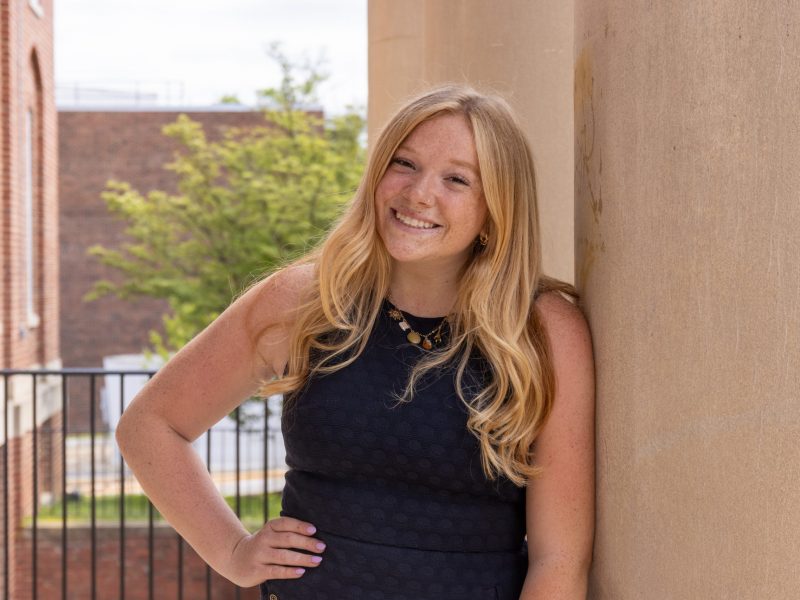After University of Maryland President Wallace Loh addressed the ProtectUMD’s 64 demands in a campus email Thursday, members of ProtectUMD and other students are expressing frustration that his response didn’t go far enough.
ProtectUMD, a coalition of 25 student organizations, presented the demands to university administration in November. The demands outline how the various student groups would like this university to aid marginalized students and create a more inclusive campus, such as declaring this university a sanctuary campus, hiring more minority faculty and providing prayer rooms in each major building.
After Loh tasked university administrators with reviewing the students’ demands, he wrote in the letter that many of the requested initiatives were already being undertaken, while others were “unlawful, or impractical, or unnecessary.”
Loh invited the student groups in the letter to “engage in dialogue” and discuss with the administration how they can work to move this university forward, but declined to go over the demands one by one, disappointing many students who helped draft the document.
In a response to Loh and other university administrators issued Thursday evening, the ProtectUMD coalition wrote that its members “expected more transparency” from the administration in terms of reviewing the demands.
“Your email merely referenced five of the sixty-four demands,” the statement reads. “As a coalition, we created a comprehensive list of demands in the hopes that your administration would respond with an equally comprehensive report of the findings of your ‘review.’ In your e-mail you said “we want to focus on achieving common goals and advancing shared values instead of going over ’demands,’ one by one.” However, each demand is a common goal of ours that we feel deserves equal time and attention.”
The coalition thanked Loh for taking the time to write an response to the university community and welcomed the opportunity to meet with him and his senior administration. But they also wrote that “[as] students of this university, we have seen your administration repeatedly defend other interests before the interests of the most vulnerable population of students.”
“These conversations will be ongoing for several years as new situations arise not only on our campus, but also throughout the nation,” the statement reads. “ProtectUMD’s existence will surpass the time any current student spends at UMD as we aim to make this space inclusive for all communities. As long as marginalized groups exist on this campus, ProtectUMD will fight for their rights.”
Sarah Eshera, who is a member of the Muslim community on campus, said that Loh’s email “glossed over” student concerns.
“If he did want to address the demands publicly, then he could have at least addressed each of them, because we wrote each of them and each is equally important,” said Eshera, a junior math and philosophy major. “In the future, [Loh should work] with us to hopefully achieve these demands and not just [write] them off as ‘impractical’ or ‘unnecessary.’ It was a little bit condescending.”
Miranda Mlilo, president of Students for Justice in Palestine, said she had a “mixed reaction to the email.”
“He says he’s open to dialogue and discussion and that’s one of the things in the email I was really happy about,” said Mlilo, a sophomore environmental science and policy major. “But it also seems as if he’s hesitant to implement change.”
Mlilo would have liked Loh to have spoken directly with ProtectUMD first, she added.
John Terzi, a senior Chinese major who identifies as bisexual, was disheartened that Loh did not address any of the LGBTQ community’s demands directly in his letter. He said the letter wasn’t a “sufficient” response to the coalition.
“None of [Loh’s] responses are sufficient,” Terzi said. “All he does is leave breadcrumbs for us no matter what we try to demand, march for and bring forth our concerns.”
Arijit Sehanobish, an international seventh-year doctoral student studying mathematics, said he didn’t understand how Loh, who is an immigrant himself, would find it “unnecessary” to declare this university a sanctuary campus. Sehanobish said he and other students have been pushing Loh to make a statement that would fully explain what is going to happen for students with DACA status.
“We need a concrete answer first and then we can move forward,” Sehanobish added. “Right now we don’t have an answer. The law doesn’t make any sense at this point.”



